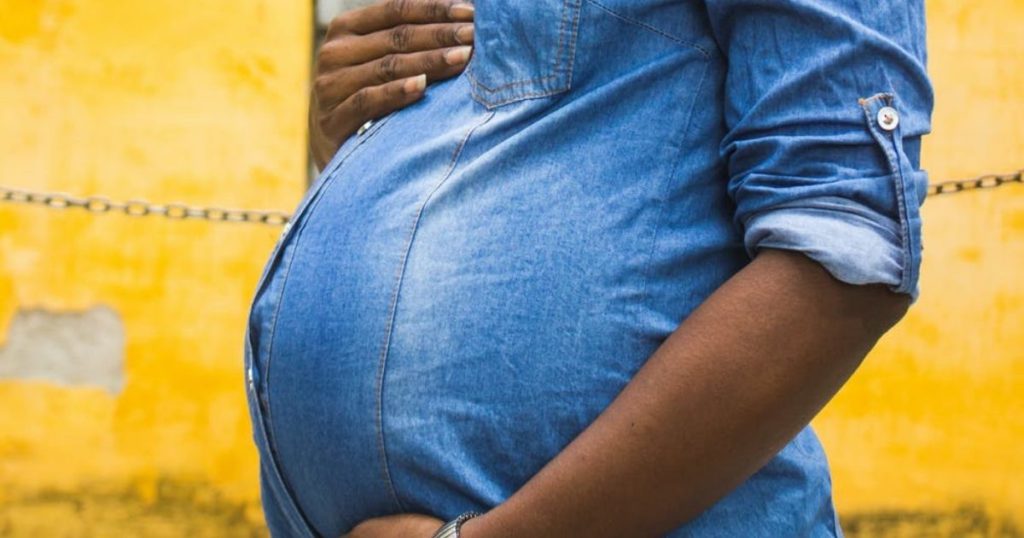The National Family Planning Board (NFPB) is to launch a Teenage Pregnancy Prevention Campaign, entitled Live Life Before You Give Life.
Behaviour Change Communication Coordinator with the National Family Planning Board, Marion Waysome McIntyre, outlined the rationale for the campaign.
“It is part of a larger project that is funded by the Inter-American Development Bank (IDB) and it started back in 2016 when the Government, through the NFPB and the IDB, executed a financing agreement to support the development of this project,”
she said.
She informed that the project came about because there was a need to reduce the adolescent birth rate from 72 births (at the time) per 1,000 girls, ages 15 to 19.
“That was according to our reproductive health survey in 2008. We wanted to reduce this to 61 births per 1,000 girls, ages 15 to 19,”
she added, while pointing out that Jamaica at a current rate of 51 births per 1,000 girls, is above the global average of 46 births per 1,000 girls.
“The challenge, however, is that despite the general fertility rate reductions in Jamaica over the past three decades, teenage pregnancy has been having a slow reduction and we want to increase this,”
Waysome-McIntyre said.
The Behaviour Change Communication Coordinator said that the need for this kind of campaign is evident, as data show that the burden associated with teenage pregnancy disproportionately affects young girls who live under conditions of vulnerability and experience higher inequities.
These, she said, are girls from poorer, low-educated and rural backgrounds.
“We know that teenage pregnancy not only affects women in terms of their psychosocial development, but it is also likened to poor health outcomes and higher risk of maternal death,”
she added.
According to the Pan American Health Organization, children of these girls tend to have a higher risk for poor health and social outcomes.
Against that background, Waysome-McIntyre explained that an evidence- based approach was taken towards the project and campaign.
“We get our information from the Registrar General’s Department, the World Bank and other surveys that have been taken over the years to assess what’s happening with teenage pregnancy within the country,”
she pointed out.
“We also ensure that it improves access to, and utilisation of modern contraceptives, particularly long-acting reversible contraceptives which we have been putting a lot of effort behind, in terms of its promotion,”
the Behaviour Change Coordinator said.




